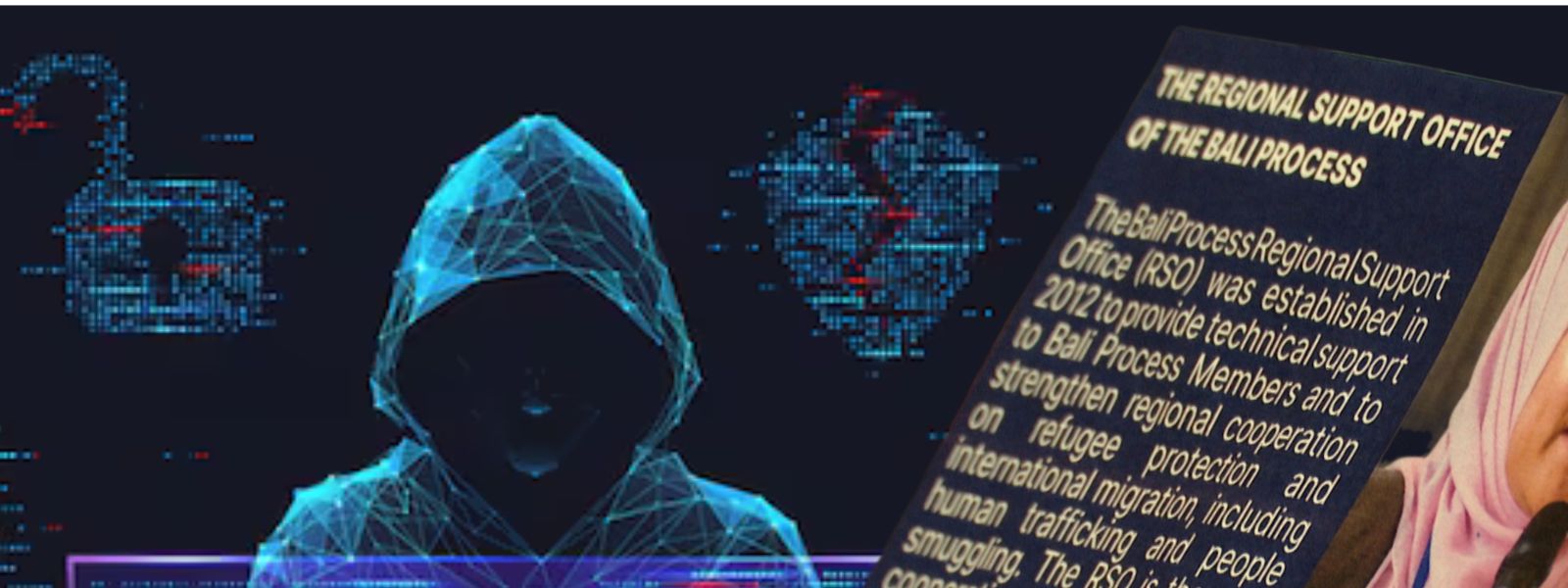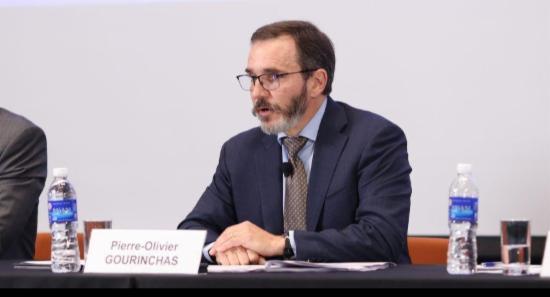.webp)

Cybercrime Centers: New Frontier for Organized Crime
COLOMBO (News 1st); Human trafficking for cybercrime is an emerging and alarming trend. Criminal organizations, particularly in Southeast Asia, have been known to traffic individuals into so-called "fraud factories" or cybercrime centers.
These centers often operate out of abandoned casinos or hotels and are run by organized crime groups. Victims, lured by false job advertisements, are forced to engage in online scams, targeting unsuspecting individuals globally
The trafficked individuals are often promised legitimate employment in fields like customer service or IT. However, upon arrival, they find themselves trapped in exploitative conditions, coerced into committing cybercrimes under threat of violence or other forms of coercion.
This form of trafficking is particularly insidious as it combines elements of both labor trafficking and cybercrime, making it a complex issue to address.
The Bali Process on People Smuggling, Trafficking in Persons, and Related Transnational Crime plays a significant role in addressing these issues.
Established in 2002 and co-chaired by Australia and Indonesia, the Bali Process is a regional forum that promotes dialogue, information sharing, and cooperation among its member states.
On 22nd April, in Colombo a Thematic Dialogue On Preventing and Responding To Traffciking In Persons Into Cyber Scam Centers took place bringing together local and international groups committed to combating people smuggling.
Major General Ruwan Wanigasooriya, Chief of National Intelligence, emphasized the urgency of addressing the emerging patterns of forced criminality associated with cyber-scam centers.
"Individuals are lured through seemingly legitimate job offers only to find themselves forcibly engaged in fraudulent, illicit online operations in cyber-scam compounds abroad. These victims, many of whom are trafficked in South Asia, suffer psychological trauma, coercion, and threat to their personal safety while being forced to commit illegal criminal activities," he stated.
Major General Wanigasooriya highlighted the rapid adaptation of trafficking syndicates, which now leverage social media, algorithms, encrypted communication channels, and AI-powered outreach mechanisms to exploit vulnerable individuals. He expressed concern over the potential spillover of these operations into the South Asian region and called for stronger surveillance, intelligence sharing, and region-wide coordination.
"The National Anti-Human Trafficking Task Force, under the direction of the Secretary of Defence, has redoubled its commitment to disrupting such threats. But we are deeply aware that no single agency or nation can tackle this alone. We need a multilayered and multistakeholder approach," he emphasized.
Lalita Kapur, the Australian Deputy High Commissioner to Sri Lanka and Maldives highlighted the role of the Regional Support Office of the Bali Process, co-managed by Australia's Department of Home Affairs and their Indonesian counterparts, in facilitating cooperation and information sharing among member states.
"Since the onset of COVID-19, these scam centers have evolved rapidly, becoming complex transnational criminal enterprises that exploit vulnerable individuals and undermine the security and economic stability of the region," Kapur stated. She noted the staggering scale of the challenge, with tens of thousands of victims trapped within scam centers and illicit proceeds estimated in the billions of dollars.
Kapur highlighted the success in recent months with the release and reintegration of trafficked individuals, emphasizing the need for a coordinated response to this emerging threat. She pointed out that these scam centers often present themselves as legitimate business operations, becoming a new frontier for organized crime.
At the Bali Process 2023 Ministerial Meeting in Adelaide, Australia, ministers and senior officials identified cyber-scam trafficking as a priority issue requiring a regional response.
Kapur detailed the efforts of the Regional Support Office in coordinating member states, international organizations, and civil society to develop effective responses, including dialogues in Bangkok and the Philippines, and supporting Interpol operations that led to the rescue of thousands of trafficking victims.
Kapur outlined three key areas for focus: enhancing cross-border and cross-sector cooperation, prioritizing prosecutions to deter traffickers, and providing more support for victims. She emphasized the need for improved policy alignment, better information sharing, and proactive engagement with social media companies and banking institutions.
Other Articles
Featured News





.png )

-788621_550x300.jpg)



-788587_550x300.jpg)


-788581_550x300.jpg)



-785316_550x300.jpg)








.webp)






